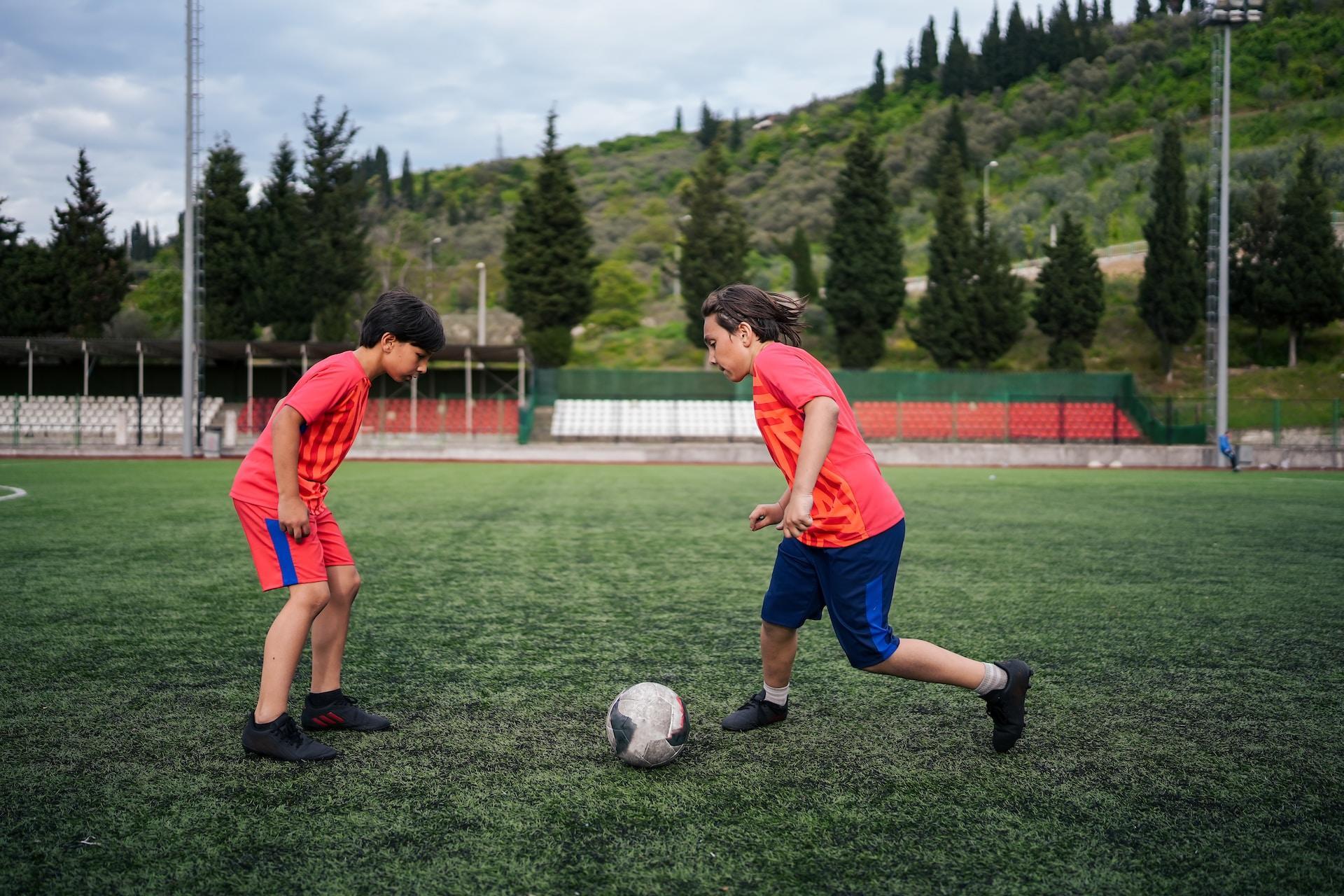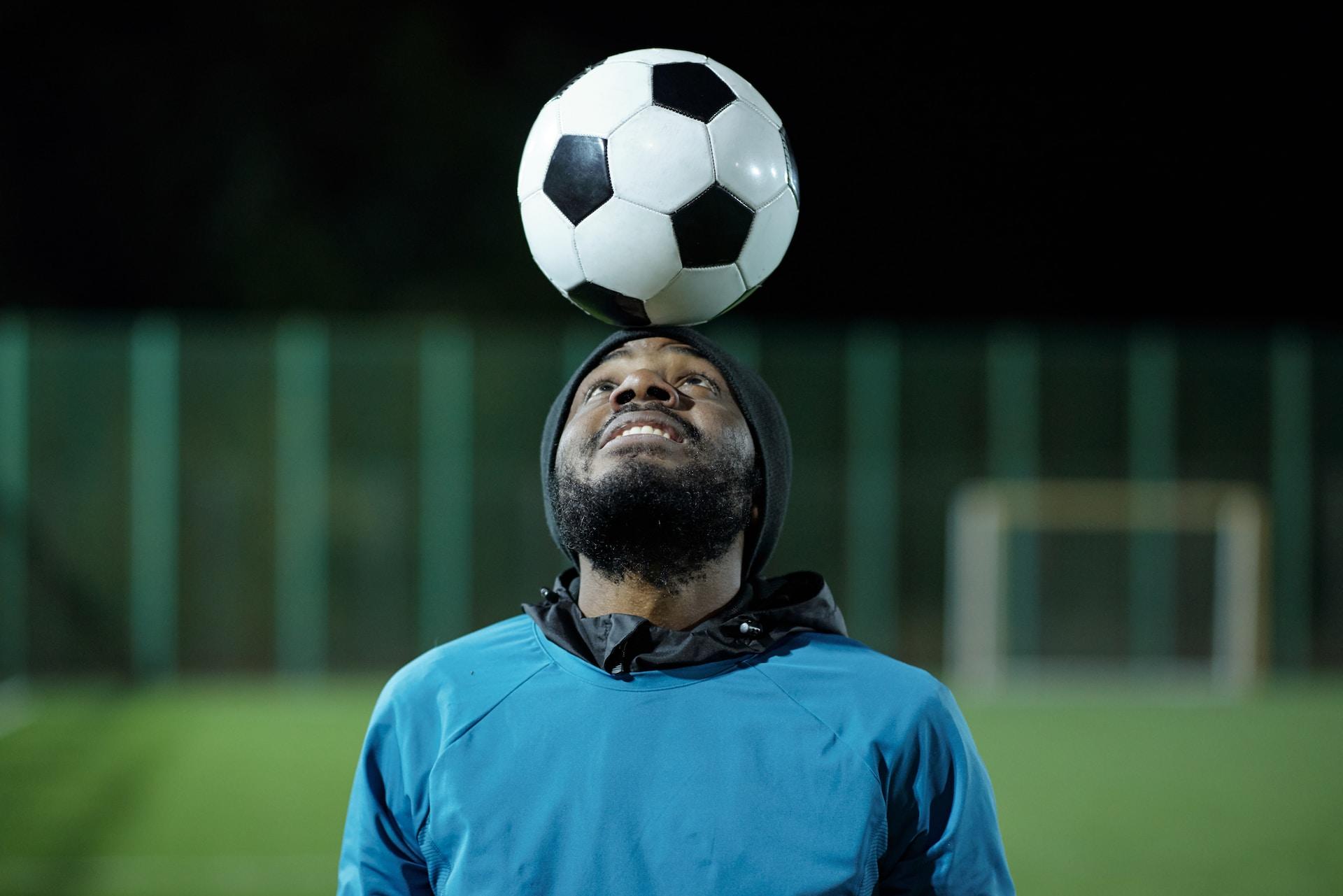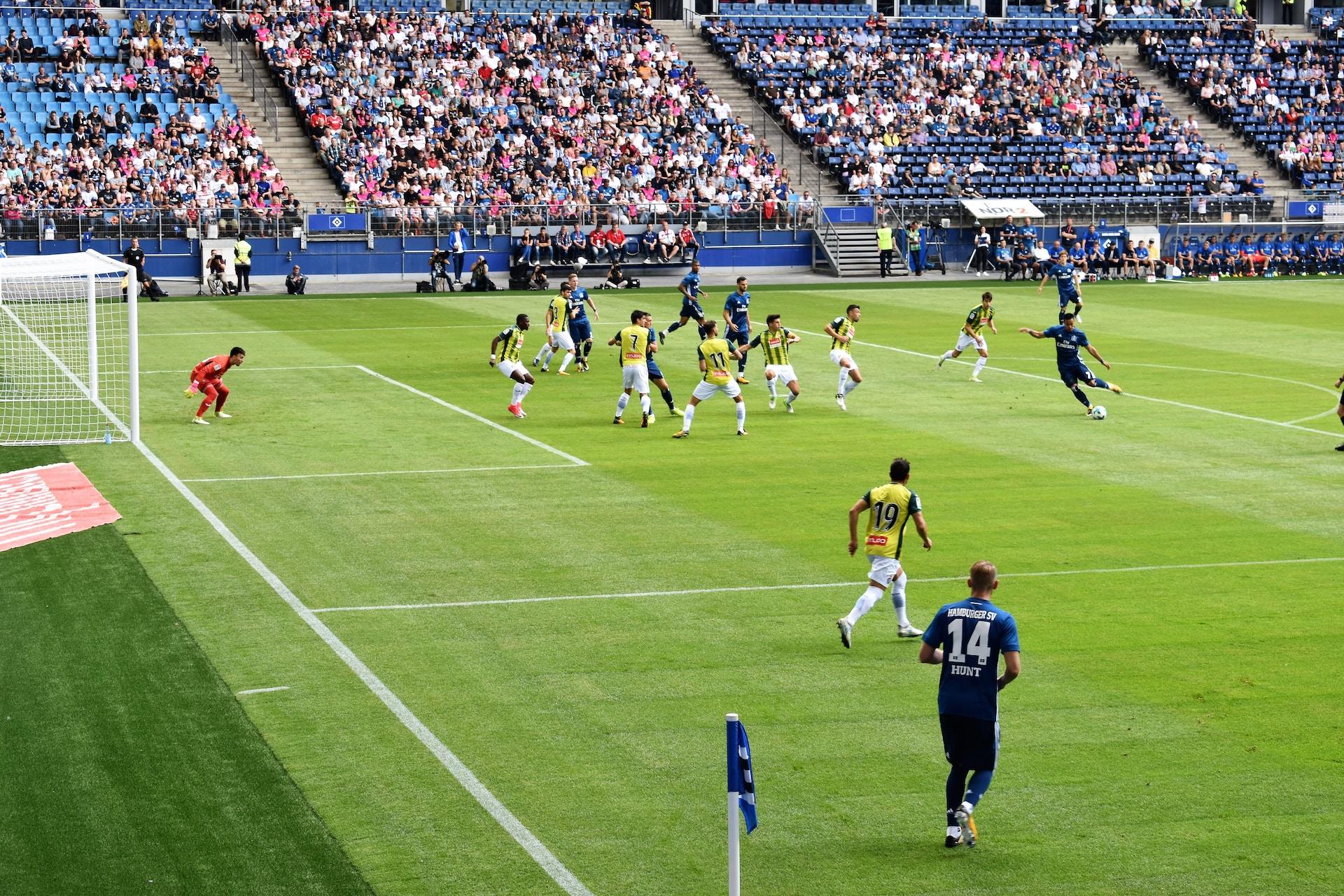Soccer is good for your body and good for your brain. It doesn't take a horde of experts to tell you that; once you're on the pitch and running after the ball, you feel those effects. And you feel great even if you're exhausted once you leave the pitch.
If those were all the benefits of soccer, this would be a very short article. But there's so much more that this ancient game delivers, not the least of which are mental health benefits. For instance, did you know that a soccer match helped broker a peace deal as recently as 2007?
Of course, this sport has caused viciousness, too. Not just between rival camps, like the one between Liverpool and Manchester United. Those fans get rabid in their devotion to their teams. But the 1969 Football War, otherwise known as the 100 Hour War between El Salvador and Honduras took soccer rivalry to new heights.
If nothing else, soccer's long history and its fans' devotion to the sport prove that soccer has a lot more going for it than 'good for body and brain'. So Superprof lays out three separate areas where the benefits of soccer manifest. And then, we'll talk about some of the great things soccer does for society.

Physical Benefits of Soccer
The best place to kick off our talk about the physical benefits of soccer is all the running around players do. Soccer is a high-intensity activity that helps improve cardiovascular health. This benefit might not matter to kids playing soccer but any adult looking for soccer lessons might do so with this fact in mind.
Soccer is an aerobic activity, too. You don't spend an hour and a half just running around the pitch, you jump and jostle for your turn at the ball. All of these quick-take actions improve your aerobic capacity while building endurance.
And then, there's balancing on one foot while kicking out with the other - all that after coming to a dead stop from and flat-out run. Let's also take into account that you must have good body-eye coordination, too, otherwise, you miss your kick. If you're the goalkeeper, you'll hone your hand-eye coordination to its sharpest edge. And if you leap to head the ball - hit it with your forehead, you'll not only calculate the hit but coordinate your landing.
Running as a sport has its critics, mainly because of the impact it has on runners' joints and spines. But one of the benefits of soccer is improving flexibility. First, players warm up before they hit the pitch, something runners often neglect to do. But then, as you play, you'll jump, backpedal and swivel. All of these motions involve different body parts, which increase your range of motion.
Finally, playing soccer helps you prevent injury. Building your sense of balance and coordination helps prevent falls. Increased flexibility means your joints are less susceptible to stress and all the running and jumping helps build bone mass.

Cognitive Benefits of Soccer
It's weird how so many adults seem to think that once they're all grown up, their development is complete. This is especially true with cognitive development. The dictionary defines cognition as the mental process by which knowledge is acquired. Cognitive skills include the ability to reason, perceive and intuit.
We tend to associate building cognitive skills with childhood learning. From this perspective, teaching kids how to play soccer offers those players cognitive advantages over their non-playing peers. However, adults build and hone their cognitive skills when they play soccer, too.
As you run after the ball, your focus is intent. You aim to take control of it and drive it to the net, after which you will strike it in. The ability to concentrate on the action and remain focused on an object in perpetual motion carries over into other areas of your life.
During every second of the 90 minutes of a match, players process a continuous stream of information and adjust their actions and positions. As a soccer player, you will always track the ball and calculate your distance from it. You'll monitor other players to anticipate their moves so you can counter them. And you must keep yourself and the ball within the pitch's boundaries.
Players drive the action, they cannot simply react to what's happening on the field. That's one way soccer heightens players' information-processing abilities. This game also sharpens visual-spatial awareness and improves analytical skills. As you run, gauge and kick, you're not aware that your brain is in constant analysis mode; these skills too will carry over into other areas of your life.
So will the problem-solving skills you'll build as you play. You won't be aware that your brain decided to avoid an opposing player because they have a skill you can't counter yet. But if you conduct a post-game analysis of your performance, you'll realise you solved the skills mismatch problem without giving it a thought.
Soccer players make such judgment calls every time conditions change during the game. These snap decisions improve mental strength and agility. They also promote resilience.
People often misquote Charles Darwin and his presumed 'survival of the fittest'. He actually said that the most capable species is the one that can adapt and adjust to the changing environment. We might say the same about the most capable soccer player.

Psychological Benefits of Soccer
So far, this is an impressive list of benefits to attribute to one sport but we're not done yet because soccer is good for your mind, too. This game will motivate you to become a better player. You'll drive yourself to improve your technique and performance. Don't be surprised when you discover that these qualities manifest in other areas of your life.
The better you get at soccer, the greater the boost to your self-confidence. You'll track your progress from your first practice session, back when you were slow and uncertain and note how much faster and surer you are. You'll find that, leaving the pitch, you're invigorated and vibrant - no longer exhausted and quaking.
Soccer is a team sport. Each player has their strengths and weaknesses, and everyone supports their team members. As you support and motivate each other, you cultivate empathy and understanding. You also learn to care about one another on and off the field.
Many people report that their social skills atrophied during the pandemic and say they've not yet recovered them. We forgot how to be in public and how to interact with others. Soccer is great for (re)building social skills. You will unite with your teammates and talk about the sport you love.
The activity and rapport you'll find on the pitch translate to lowered stress and less risk of anxiety. Doctors have long said that physical activity releases feel-good chemicals in our brains. Connecting with people as motivated towards the same goal as you are enhances that effect.
Real-world conditions like inflation and climate change currently drive today's heightened depression statistics. Poor sleep and bad food/drink choices make things worse. We'll not go so far as to say that playing soccer will cure depression but the exercise you get will help you sleep better. And being a part of a team gives you a sense of belonging, which can also help manage depression.
Giving yourself something to look forward to is one of the best ways to keep the blahs at bay. Being outdoors and enjoying an activity with people as passionate as you are about your sport will do wonders for your mental health. Doesn't all this make you want to start looking for a soccer teacher?

Inclusivity: The Best Benefits of Soccer
On select Sundays, I hear the cheers and chants of avid soccer fans. That's no mean feat, considering the stadium is on the other side of town. I smile when I hear those vocal surges. It's amazing that an entire stadium of people can be so enthusiastic that their cries radiate across the city.
Few other community events have such an effect. Even outdoor concerts demand that the audience hush while the band performs. By contrast, soccer is fully interactive. The players are laser-focused on their game, leaving the fans to let their joy (or disappointment) ring out.
Learning how to play soccer would be worth it just to be a part of that but this game has so much more to offer. Many soccer players give back to their communities; coaching kids' soccer teams is one way they do it. As a soccer player, you might even consider coaching an all-abilities team.
The Homeless World Cup is the most inclusive sports event this writer knows of. Every year, the Homeless World Cup organisation picks a country to host its championships. Seventy-two countries, including Australia, fundraise all year to fly players and coaches to the games.
The benefits of soccer are many. Players cultivate health and skills while building ties. But uniting communities and striving to end homelessness have to be its two loftiest goals.
Find an amazing soccer training program with a qualified coach here on Superprof!
Summarise with AI:















